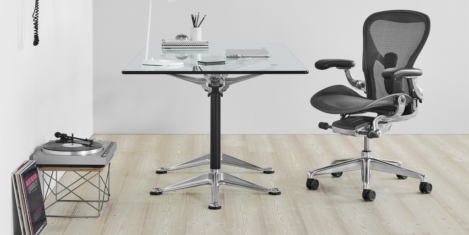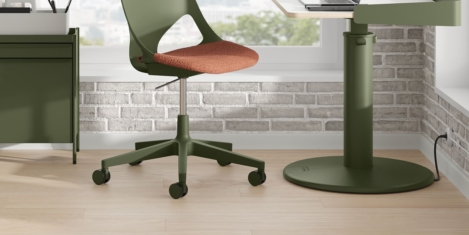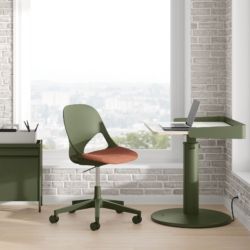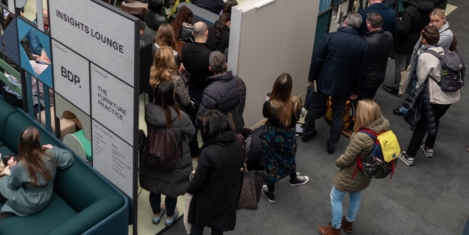January 18, 2024
Office trends may come and go, but some values (such as good ergonomics) are eternal
 In 2024, Wellworking celebrates 25 years of being in business, a milestone I’m proud of in such a competitive market. A lot has changed over that time, and I’m excited by just how much working habits will transform over the next few decades too. When I first established the company in 1999, it was called Home Working Solutions as I felt there were increasing numbers of people working from home that needed appropriate furniture to do that. It was important to me that they had access to quality ergonomic products as I felt that people working from home had very few options on offer at the time. (more…)
In 2024, Wellworking celebrates 25 years of being in business, a milestone I’m proud of in such a competitive market. A lot has changed over that time, and I’m excited by just how much working habits will transform over the next few decades too. When I first established the company in 1999, it was called Home Working Solutions as I felt there were increasing numbers of people working from home that needed appropriate furniture to do that. It was important to me that they had access to quality ergonomic products as I felt that people working from home had very few options on offer at the time. (more…)




































January 8, 2024
Time to put down the devices if you really want things to look up
by Anoushka Pacquette • Comment, Technology, Wellbeing, Workplace design